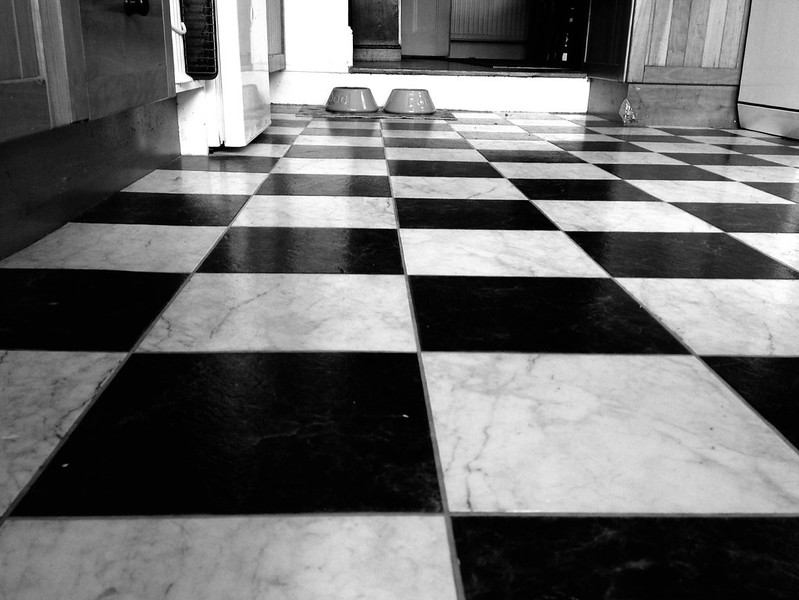Once, when having dinner at the house of some good friends, I discovered that the other guests, a delightful couple, had a place in New York which they would sometimes rent out to friends and acquaintances. They had a strict rule: they would only let this fine apartment on the Upper West Side to people with whom they had personally had dinner. The rationale for this was simple: they wanted something more than a simple contractual agreement with those who would be occupying their home, and they felt that a certain level of social acquaintance was a good first level of filter, as well as imposing some extra obligations of responsibility on the tenants.
Most people apply similar filters to social networks. At the very least, if you are likely to be reading somebody else’s tweets or posts, you don’t want to read that which is likely to be tedious or offensive. You’re likely to be more forgiving of those who are within your real-life social circle. The concept of a friend, contact or buddy in the online world is open to a wide variety of interpretations, of course, but one network which has traditionally had a clearer definition than others has been LinkedIn.
Linking to someone on LinkedIn has, for me, always implied a little bit more than simple acquaintance. In fact, I think the original site suggested that you should link to people you know and trust, though if that wording is still there, it’s much less obvious now. This was, presumably, because others may use the system to ask you for an onward connection to others; a process which is likely to be somewhat awkward if you don’t really know them, or don’t feel that their acquaintance would be beneficial to your other friends!
So I’ve tended to have a fairly strict rule that I only link to people with whom I’ve at least shaken hands, and ideally had some sort of conversation. I’ve waived the former occasionally for those with whom I’ve had videoconferences, but in general it’s worked well since I joined LinkedIn – gosh! – eight years ago.
But it seems to be going through massive growth recently, and perhaps it’s now more of an address book than something that implies any level of recommendation? Is LinkedIn the new Plaxo? At any rate, I’m starting to get more requests for links from people who are just interested in making contact, they’re in related fields, they say nice things about stuff I’ve done, and they seem like people I would like if I did get a chance to shake their hand. So my resolve is slipping. Should I stick to my principles, or am I being very last-millennium to insist on a physical meeting?
 Tucked away on a backup disk yesterday, I discovered a few thousand of my emails from the 1990s. And in the folder from late Feb 1992, I found something I thought was lost forever. Bob Metcalfe was visiting Cambridge, on sabbatical to the University Computer Lab, just as we were setting up the
Tucked away on a backup disk yesterday, I discovered a few thousand of my emails from the 1990s. And in the folder from late Feb 1992, I found something I thought was lost forever. Bob Metcalfe was visiting Cambridge, on sabbatical to the University Computer Lab, just as we were setting up the 

Recent Comments